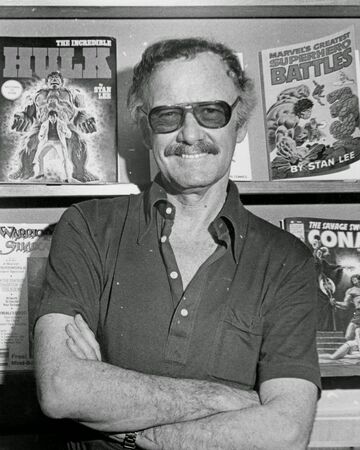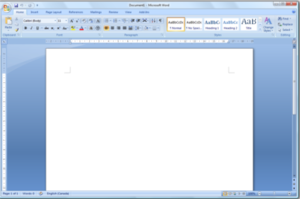 Image via WikipediaI get asked this question often. I split my time between writing, and telling people about my writing. All of the other time in my day is spent sleeping.
Image via WikipediaI get asked this question often. I split my time between writing, and telling people about my writing. All of the other time in my day is spent sleeping. Of course, I have to admit that I still have a day job. But since that job requires me to write almost as much as my fiction writing, I feel I am still true to the sub title of this blog, "always writing".
I once said in an interview: "I'll stop learning when I'm dead. I'll stop writing two weeks after that." I think young writers, I don't say new writers because I still am one of those, think that the only time you can write is when you're sitting in front of a computer or facing dead on with a blank pad of paper.
Nothing could be further from the truth.
I write standing up, sitting down, laying down, in the shower, in the car, on the bus, in meetings at work, on the phone with my mother. I think I picked this habit up from my mother and sister, both professional artist. They doodle, on EVERYTHING. Many of my childhood papers have marks on them that came from one of them looking at the material but seeing a blank space for some art. That was unsettling as a child, but now I understand it.
If you ask what I use to write with, my answer is: MY BRAIN. The iPad or paper is what I use to communicate my writing.
-GP






